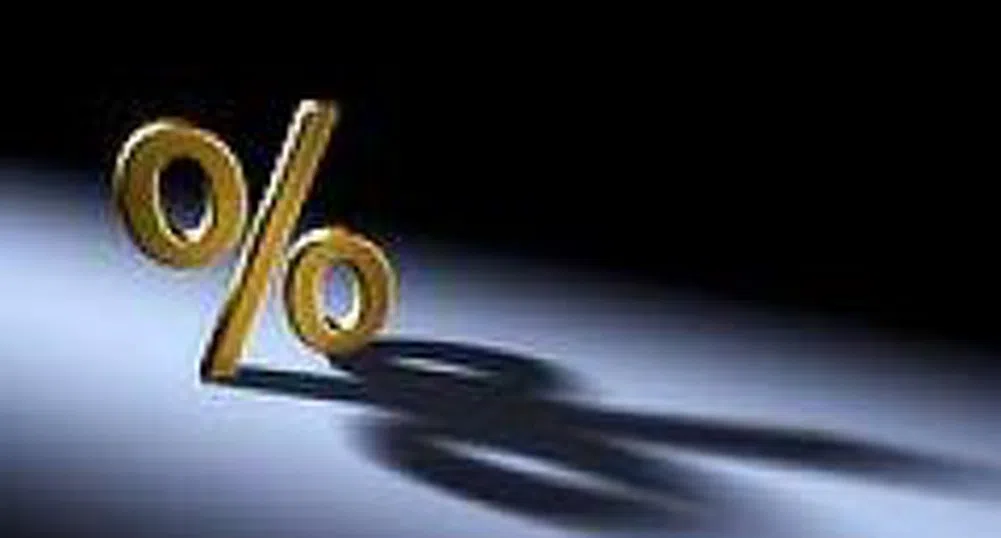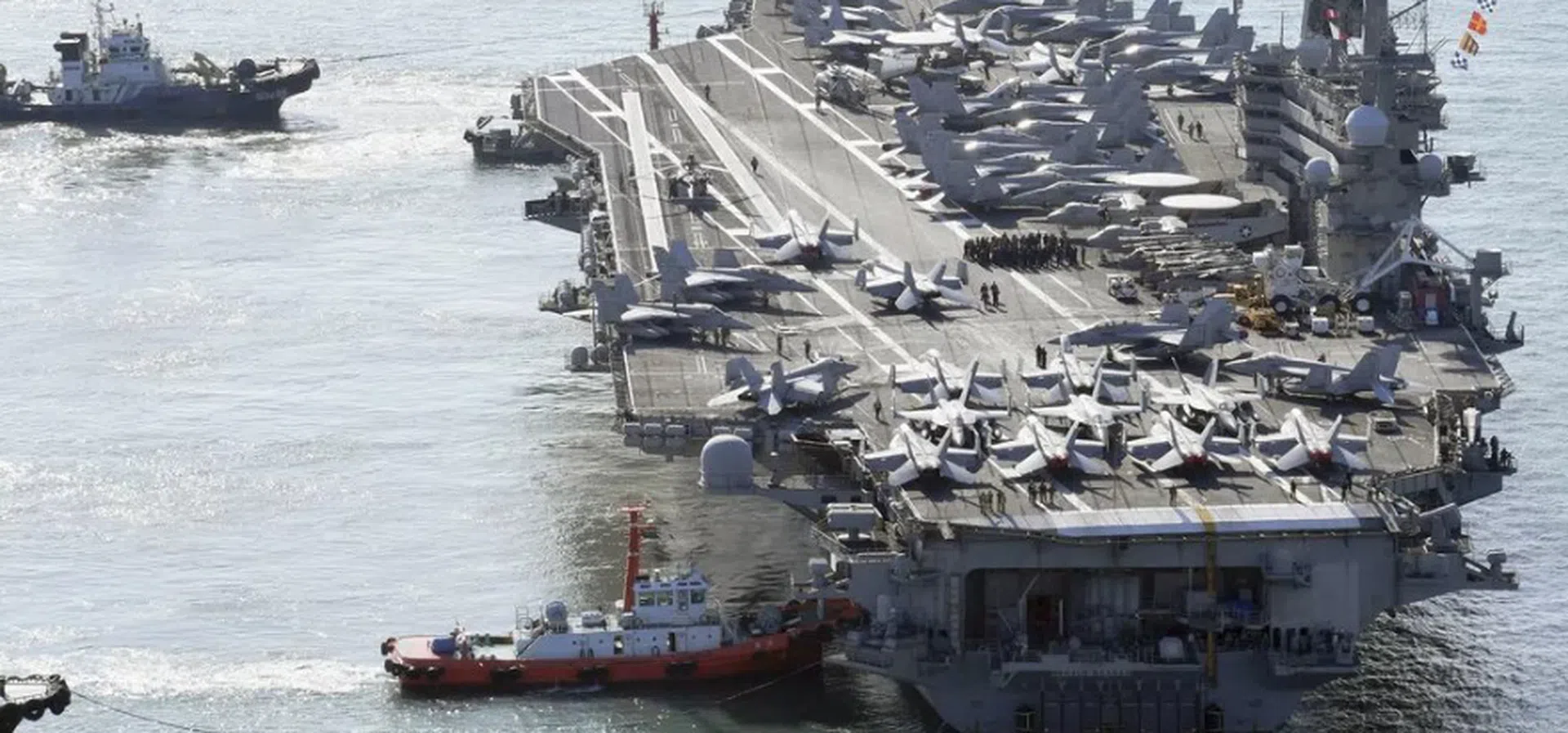Romania Raises Rates 50 bps, More Increases Possible

The Romanian central bank (NBR) raised interest rates by 50 basis points to 9.5 percent on Wednesday, signaling further tightening may be on the cards if the inflation outlook deteriorates.
Inflation has become a big headache in the past year as rampant domestic demand, hefty rises in energy and food costs and a weaker leu currency have boosted the headline rate, Reuters reported.
Central bankers reiterated their readiness to act again if inflation data continued to deteriorate. They also repeated calls for fiscal restraint to contain domestic demand:
"The NBR is restating that it will continue to closely monitor developments in macroeconomic indicators and to assess their outlook, standing ready to adjust its instrument settings to counteract inflationary pressures."
Analysts read this as a signal that further tightening is possible, but only if the inflation outlook worsens.
Romania's annual inflation rate hit 8 percent in February, its highest level in almost two years. Economists predict it will peak at 8.5 percent in March, compared with the central bank's end-year target of 2.8-4.8 percent. The central bank expects an 8.3 percent reading this month.
"The bank may be ready to hike rates if strong weakening pressure on the leu or new increases in administered prices emerge," said Ionut Dumitru, head of research at Raiffeisen Bank in Bucharest.
Other analysts thought the bank was more hawkish. "Their message today means further policy tightening is needed to bring down inflation," said ABN analyst Catalina Constantinescu. "It is clear the bank will pull forces to ensure it meets next year's target after it will likely miss this year's one."
The leu showed little reaction to the bank's decision, which was widely expected. Ten out of 14 analysts polled by Reuters this month had expected a 50 basis point rise.
At 1240 GMT it traded at 3.7100 per euro , within recent ranges.
The Romanian economy has grown robustly in recent years, powered by foreign investment and domestic demand as the country raced to modernize. The spending spree has bloated the current account deficit and helped to fan inflation, raising concerns about the long-term stability of the economy in light of global financial woes.
)

&format=webp)
&format=webp)
&format=webp)

&format=webp)
&format=webp)
